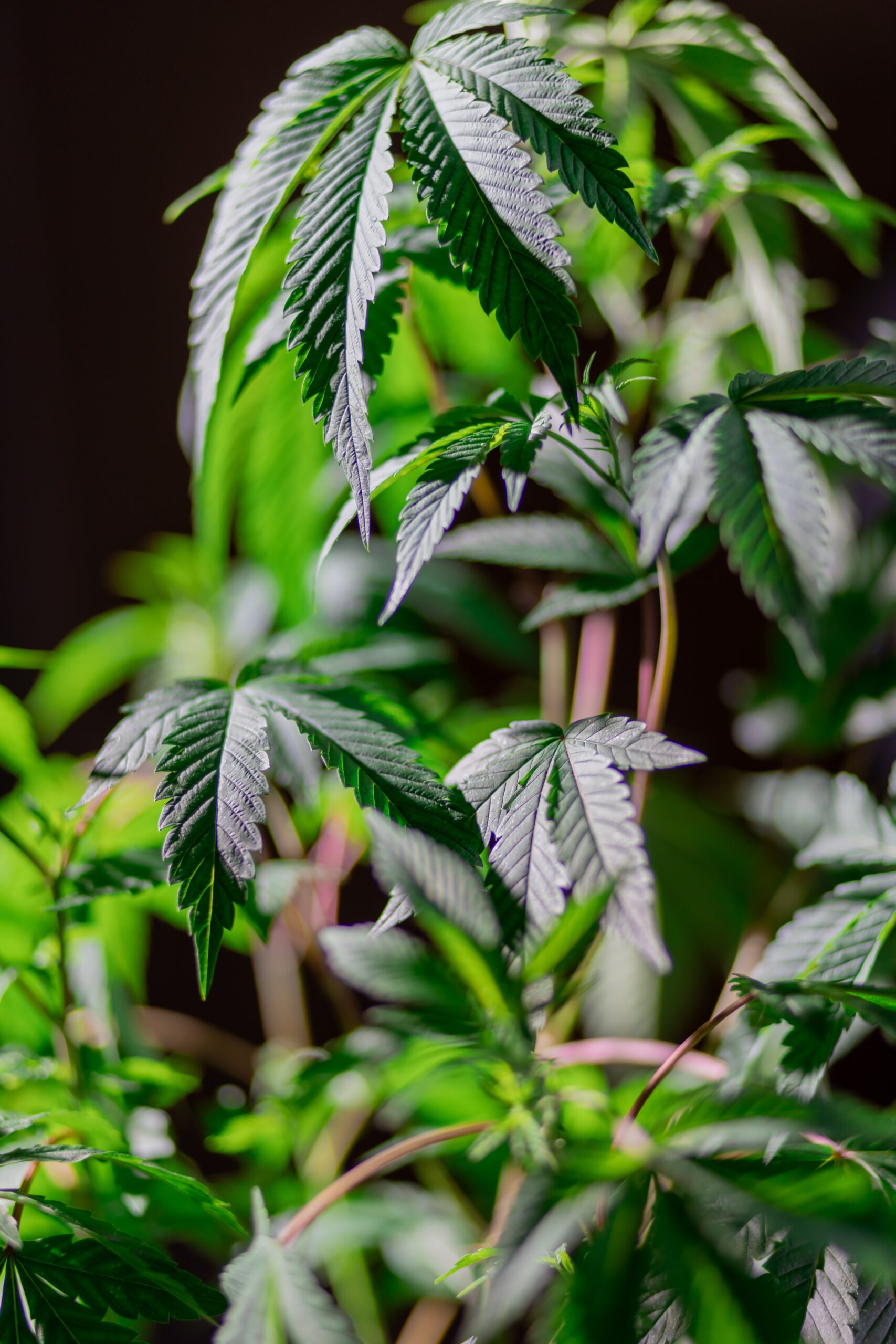What is the legal status of cannabis in Canada?
Cannabis is legal in Canada for both recreational and medicinal use. The Cannabis Act, also known as Bill C-45, was passed by the Canadian Parliament in June 2018 and came into effect on October 17, 2018. This made Canada the second country in the world, after Uruguay, to legalize the recreational use of marijuana at the federal level. However, each province and territory in Canada has its own rules and regulations governing the sale, possession, and consumption of cannabis.
What is the public opinion on cannabis in Canada?
Public opinion on cannabis in Canada is generally positive, with many Canadians supporting the legalization of marijuana. According to a 2018 survey conducted by CBC News, approximately 55% of Canadians supported the legalization of cannabis, while 30% were opposed, and 15% were undecided. The majority of Canadians believe that the benefits of legalization, such as reducing criminal activity, increasing tax revenue, and improving public health, outweigh the potential risks and challenges.
What are the penalties and enforcement for cannabis use in Canada?
While cannabis is legal in Canada, there are still penalties for violating the rules and regulations surrounding its use. Some of the penalties and enforcement measures for cannabis use in Canada include:
- Fines for possession of more than the legal limit, which is 30 grams of dried cannabis or its equivalent in public.
- Criminal charges for selling cannabis without a license or providing it to minors.
- Driving under the influence of cannabis can result in license suspension, fines, and even imprisonment.
- Restrictions on where cannabis can be consumed, such as in public spaces or near schools and playgrounds.
What is weed called in Canada?
In Canada, weed is often referred to as cannabis, marijuana, or pot. Other colloquial terms include ganja, bud, and herb. The term weed is also commonly used, but the official term used by the Canadian government and in legal contexts is cannabis.
Is CBD legal in Canada?
Yes, CBD (cannabidiol) is legal in Canada. CBD is a non-psychoactive compound found in cannabis and hemp plants and is often used for its potential therapeutic benefits. CBD products, such as oils, capsules, and creams, can be purchased legally in Canada, provided they meet the requirements set out by the Cannabis Act and other relevant regulations.
Is medical marijuana legal in Canada?
Medical marijuana has been legal in Canada since 2001. Patients with a prescription from a healthcare practitioner can access medical cannabis to help manage symptoms related to various medical conditions, such as chronic pain, epilepsy, and multiple sclerosis. Medical marijuana patients can purchase cannabis products from authorized retailers or grow a limited amount of cannabis for personal use, with the appropriate permits.
What are the cannabis cultivation regulations in Canada?
Under the Cannabis Act, adults in Canada are allowed to cultivate up to four cannabis plants per household for personal use. However, some provinces and territories have additional restrictions or have opted to prohibit home cultivation entirely. The plants must be grown from seeds obtained from a licensed retailer, and the grower must ensure that the plants are not visible from public spaces. Additionally, landlords and condominium boards can impose their own restrictions on cannabis cultivation within their properties.
What are some helpful links, government laws, and resources on cannabis in Canada?
For more information on cannabis laws and regulations in Canada, the following resources can be helpful:
- Government of Canada – Cannabis Laws and Regulations
- Government of Canada – Cannabis Information for Canadians
- Department of Justice – Cannabis Legalization and Regulation
- Canadian Centre on Substance Use and Addiction – Cannabis Resource Centre
